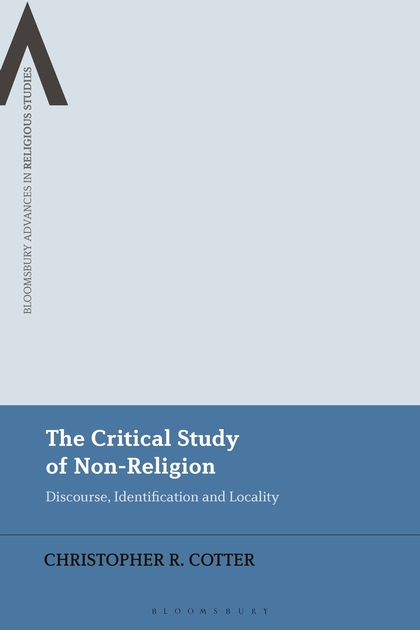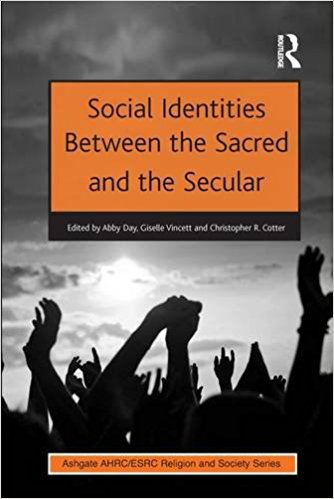A Niblett of Knowledge Of or About Religion
No amount of knowledge about beauty will add up to the knowledge of beauty given by a single experience of a mountain landscape or a Mozart sonata. No amount of knowledge about religion or religions, primitive or Christian is any substitute for knowledge of religion – i.e. religious experience.’ From W. R. Niblett; Education and the Modern Mind, Faber, 1954, p. 44.
I read this and found myself immediately agreeing. And then the questions came flooding in. The first, and main, one being – for what?
I am very grateful for my own personal ‘religious biography’ – having implicit religion, ‘finding God’/being ‘saved’, and ultimately abandoning ‘the Faith’ on realising that had I been born somewhere else, or to different parents, I would have believed something else. I feel that this biography helps me understand and relate to religious people much more than those who have never known what it ‘feels’ like.
But at the same time, I also know that I can never have access to the understanding of religion that someone who has never ‘experienced’ religion can have. In fact, my judgement of ‘truth’ could be fundamentally clouded by my past, preconceptions etc.
Perhaps Professor Niblett (great name btw) simply thought that a bit of religion was good for the ‘youth’… morality and all that… <chortle>
But, on a personal level, I think it would be amazing if there was some way that we could artificially simulate a ‘religious experience’ for kids in school… not so that they would convert, but that they could ‘understand’ those who are religious a bit better… There must be some drug we could prescibe? :)






Not the drug.
I’ve seen both classroom teachers and a visiting western Buddhist speaker bring constantly noisy, busy and badly-behaved primary-school classrooms – in rough areas – to absolute silence and stillness (in ‘circle time’ in a state school, in mid-morning ‘morning prayers’ in a catholic school, or as the ‘practical task’ at the conclusion of a presentation about Buddhism).
And the entire school gasped when the electric lights went out leaving only candle-light at the Christingle: a moment of awe.
Fair points but you can see the obvious response to the ‘moment of awe. Moments of awe are great… and I think the nonreligious have a tendency to assume that religious feelings are just mistaken feelings of awe. Since I ceased being religious I have never had anything approaching a religious experience. I don’t think this is down to them being ‘true’ but down to them being ‘true for me at the time’ and with a large stock of beleif to back them up.
The Wordsworth poem that spoke to me last night, and that I am just about to blog about, pretty much sums up my opinion on feelings of awe. We must have more of them :)